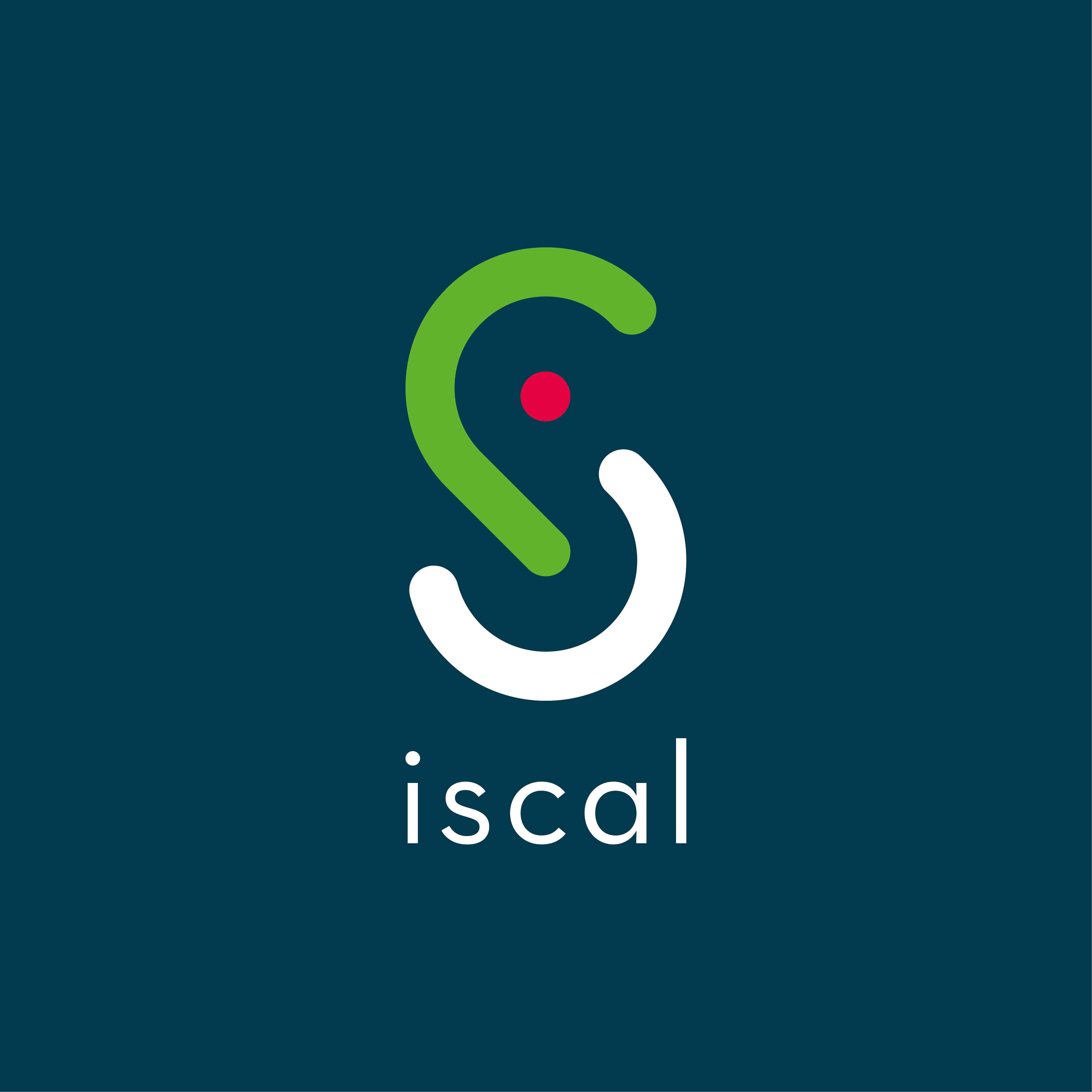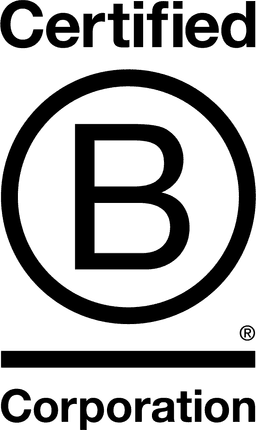

Iscal Sugar SA

August 2024
Agricultural Processing
Agriculture/Growers
Belgium,
France,
Netherlands The
Notre entreprise est spécialisée dans la production de sucre à partir de betteraves, tout en mettant un fort accent sur la responsabilité sociale et la production durable. “Rien ne se perd, tout se transforme” est la loi majeure dans notre sucrerie, nous l’appliquons autant que possible à chaque étape du processus de production. Le nom iscal trouve son origine dans les abréviations d'Isera et de Scaldis, les noms latins des fleuves Yser et Escaut, qui constituent le bassin d'approvisionnement de notre usine de Fontenoy. Nous sommes particulièrement fiers de notre contribution à l'industrie sucrière et à l'économie locale de cette région. Nous sommes conscients que notre réussite repose tant sur nos 150 collabor’acteurs que sur la relation pérenne que nous avons avec nos planteurs et clients.
Overall B Impact Score
Governance 17.0
Governance evaluates a company's overall mission, engagement around its social/environmental impact, ethics, and transparency. This section also evaluates the ability of a company to protect their mission and formally consider stakeholders in decision making through their corporate structure (e.g. benefit corporation) or corporate governing documents.
What is this? A company with an Impact Business Model is intentionally designed to create a specific positive outcome for one of its stakeholders - such as workers, community, environment, or customers.
Workers 26.1
Workers evaluates a company’s contributions to its employees’ financial security, health & safety, wellness, career development, and engagement & satisfaction. In addition, this section recognizes business models designed to benefit workers, such as companies that are at least 40% owned by non-executive employees and those that have workforce development programs to support individuals with barriers to employment.
Community 15.4
Community evaluates a company’s engagement with and impact on the communities in which it operates, hires from, and sources from. Topics include diversity, equity & inclusion, economic impact, civic engagement, charitable giving, and supply chain management. In addition, this section recognizes business models that are designed to address specific community-oriented problems, such as poverty alleviation through fair trade sourcing or distribution via microenterprises, producer cooperative models, locally focused economic development, and formal charitable giving commitments.
Environment 21.4
Environment evaluates a company’s overall environmental management practices as well as its impact on the air, climate, water, land, and biodiversity. This includes the direct impact of a company’s operations and, when applicable its supply chain and distribution channels. This section also recognizes companies with environmentally innovative production processes and those that sell products or services that have a positive environmental impact. Some examples might include products and services that create renewable energy, reduce consumption or waste, conserve land or wildlife, provide less toxic alternatives to the market, or educate people about environmental problems.
Customers 3.0
Customers evaluates a company’s stewardship of its customers through the quality of its products and services, ethical marketing, data privacy and security, and feedback channels. In addition, this section recognizes products or services that are designed to address a particular social problem for or through its customers, such as health or educational products, arts & media products, serving underserved customers/clients, and services that improve the social impact of other businesses or organizations.